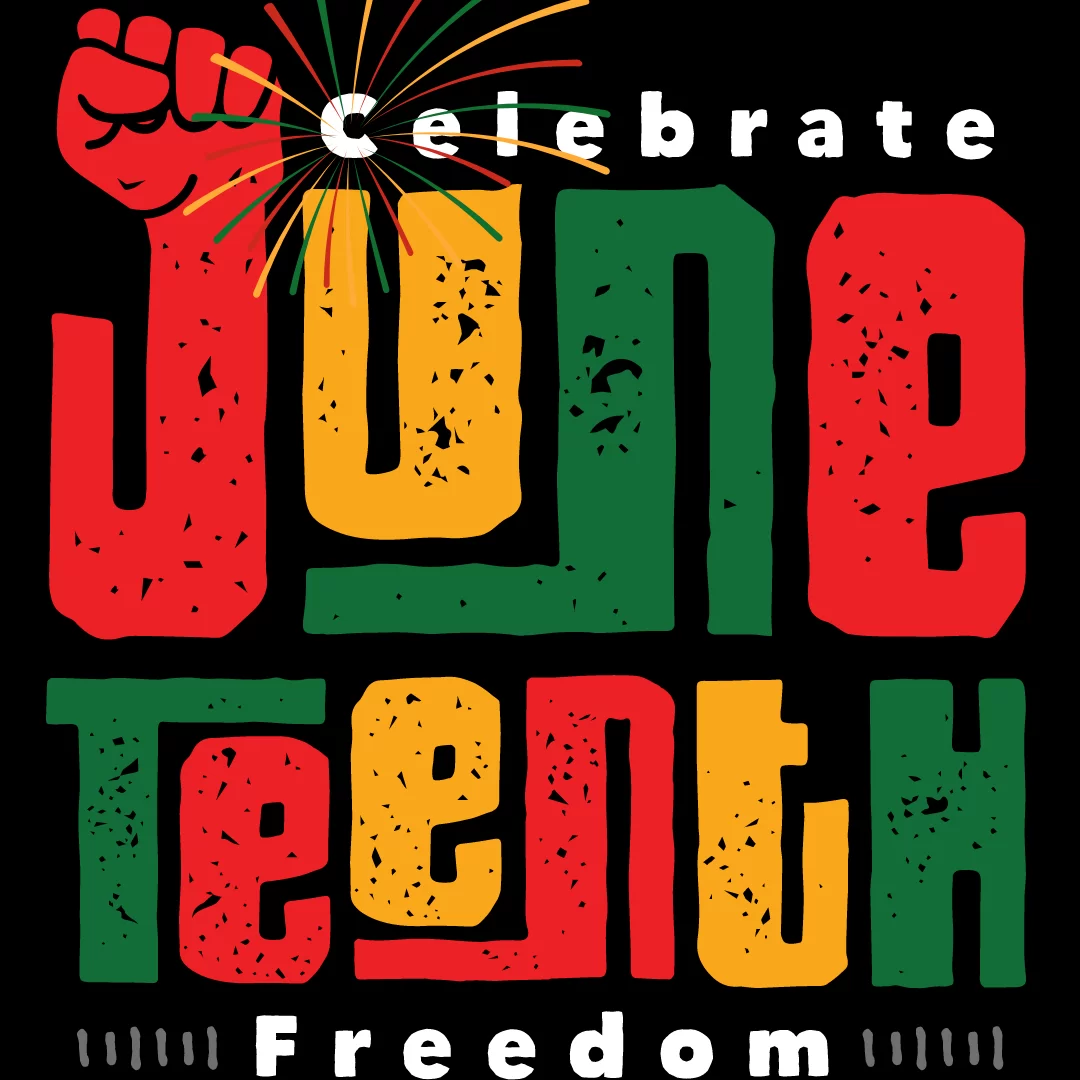Mom Would Have Loved Juneteenth
June 24th, 2024
This past week we celebrated Juneteenth. For those of you that are unaware of what Juneteenth is, it is not the day that the Emancipation Proclamation was issued. That was a Presidential Proclamation and Executive Order that President Lincoln issued on January 1, 1863. In September of 1862 he drafted and issued the preliminary version of that order. The history of Juneteenth dates back to June 19, 1865, when Union soldiers arrived in Galveston, Texas. Texas was the Westernmost of the states that had slavery. They brought news that the Civil War had ended and that all enslaved individuals were now free by executive order of President Abraham Lincoln, known as the Emancipation Proclamation, which had been issued two and a half years earlier.
The delay in the proclamation reaching Texas was due to the minimal presence of Union troops in the state during the Civil War and the resistance of slave owners to comply with the order. Upon receiving the news, enslaved people in Texas finally learned of their freedom, marking a significant moment in American history and the abolition of slavery.
Juneteenth celebrations have since evolved into a time for African Americans to honor their heritage and reflect on the struggles and achievements of their ancestors. It is recognized as a day of remembrance, education, and celebration of freedom across the United States.
In 2021, June 19th or Juneteenth became an official federal holiday. As a result, federal, state, and municipal buildings are all closed, and their staff get the day off. As with many holidays now, retail, and other businesses have the option of being open or closing for the day. At FUN, we made the decision several years ago to close our offices and give staff the day off. It is surprising how many businesses choose to stay open and the large number of people that are unaware that it is a federal holiday. Perhaps over time individuals will become more aware of the day, its meaning, and understand the significance of the day. In the town that I live in, for the last 5 years or so, they have read a speech delivered by abolitionist Fredrick Douglass on July 5, 1852, titled “What to the Slave is the Fourth of July”. It is a reading that is done by ordinary people from all walks of life, all races and ages ranging from young kids to senior citizens. There is no question that had Mr. Douglass’ speech been given by an actor or professional orator it would have had a different feel but there was something very meaningful in having it delivered by regular folks from the community. People that the day and the message meant something special to.
It was well worth the hour that I spent there and as a fan of history it was great to be able to listen and learn. Although the original speech was delivered 172 years ago, the lessons are both powerful and very relevant. In it, Douglass talks about the founding principles of this country, life, liberty, and the pursuit of happiness being lofty ideals that did not then, and to many degrees even today, apply to the millions of people of color living in this country. Here is a link to the text of the speech. It is long but well worth the time to read it. https://newsone.com/3881725/frederick-douglass-fourth-july-speech-full-text/.
It is strange when we think about the important people in our lives, especially those that have passed away. As I said, Juneteenth would have been a holiday that my mother would have loved. As a lifelong teacher and educator, she believed fervently that if we do not learn from our history, we are doomed to repeat it. She also felt that we needed to come to grips with our past and not simply ignore it in the hopes that it would go away. Growing up she made it clear that, in this country, our history of slavery was shameful, and we often read stories about people like Fredrick Douglass and Harriet Tubman. For her, a day that recognized the official end of this terrible practice would indeed be a day to celebrate but she would also acknowledge (as she did when she was alive) that our work was far from done. Despite her small stature she was a force and one that was not easy to silence.
Growing up when I did, in the area that I did, the evidence of racial inequality was all around us. Our town did not have actual segregation, but we had de facto segregation. Resources were not spent equally, and facilities were not the same all over the city. In grade school, I was part of the wrestling team and we had meets all over the city. Schools in the better off, predominantly white, neighborhoods were much nicer, newer, and better maintained. Something my mother fought against for years.
Yes, my mom would have loved Juneteenth. It would have made her happy that the holiday was sparking renewed discussions about where we are in this country on the topic of race relations. There is no question that she would have attended celebrations and gatherings on that day and more than likely she would have volunteered to be one of the readers at our town celebration. There is little question in my mind that she would have stayed after and engaged with the speaker who started the presentation, a history professor from Wellesley College. More than likely she also would have written checks supporting the organizations that put the program on. For her there would have been a lot to love about the day. She, as was I, would be shocked by the number of people that have no idea it is a federal holiday. We watched a steady stream of people try to get into the post office only to be surprised that it was locked. A few tried the doors repeatedly and others read the hours on the sign several times wondering why it was closed on a weekday at noon.
Perhaps over the next few years more people will realize the historical significance and the importance of celebrating this holiday. Over time more people may better understand what Juneteenth symbolizes. Maybe this day will spark more celebrations and discussions nationwide. My mother would have loved the day and hopefully others will as well.
About the author
Ken Abrahams grew up in South Bend Indiana. His mother was a lifelong educator and Special Education teacher who early on in her career taught in Harlem. Her family urged her to find a job in a different part of the city or on Long Island, but my mother felt the need in Harlem was the greatest and so that is where she went. She was a great teacher not only to her students but to her children as well. She passed away in April of 2016 at the age of 85 from Alzheimer’s.
To find out more about the company go to our website www.funent.com you can also go to this link to sign up for our newsletter which comes out about 6 times a year https://funent.com/subscribe-to-the-funny-pages/. Our newsletter will tell you more about the company and the products and services we offer as well as some games, things to do, and the occasional cooking tip.













